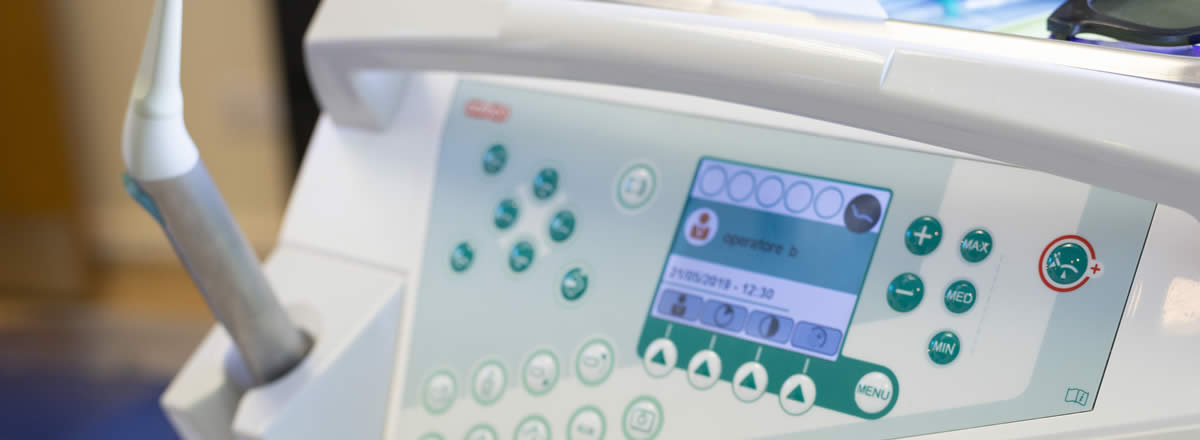Gum disease is caused by the bacteria in plaque, an opaque layer which forms on our teeth and gums every day. The onset of gum disease is often not noticeable in the early stages, until symptoms appear.
As the video points out, gum diseases generally known as periodontitis have a correlation with serious medical conditions. Varying immune system reaction to gum inflammation can also affect individual outcome.
These factors bring additional reasons to maintain healthy gums, although the core rationale is good oral health. Looking after your gums is a key part of keeping a desirable appearance and sound tooth function.
Inflammation of the gums is common, they become red, swollen, perhaps bleed during brushing and can cause bad breath. Technically, these symptoms alone constitute a pre periodontitis condition called gingivitas.
Whilst gingivitas is not as serious as full periodontal disease, one tends to lead to the other. There are also cases where periodontal symptoms appear directly, bringing receeding gums, abscesses, or other sores around your teeth.
Seeking Professional Support
If you have regular check ups, your dentist may identify early symptoms of gum disease. Even so, if you believe you have a gum problem, visiting your dentist as soon as possible is the best decision for your health.
Periodontal disease is never cured in a literal sense but visible symptoms normally can be and hidden issues, such as loss of bone, can be slowed, or completely halted.
Modern oral medicine brings a range of care, with imaging and specialist skills able to identify unseen problems. Our periodontist can offer you an in depth examination and a range of effective treatment.
Elgin’s Breadth Of Care
Your dentist will give your teeth a thorough clean and show you how to remove plaque successfully. For early stage cases, sessions with our skilled dental hygienists can also be a good option for both.
If the condition sits a little deeper, dental cleaning of the roots of your teeth may be helpful, to ensure all pockets of bacteria are removed. This can be carried out under local anaesthetic, to avoid discomfort.
Where your gum disease requires more intensive treatment from our periodontist, this can be non surgical, or involve tissue, or bone regeneration, or gum grafts.
Periodontitis is the major cause of tooth loss in adults and deserves the best possible care. Fortunately, for many of us this can be controlled by good oral hygiene and regular dental treatment, or hygiene visits.
Whatever stage gum disease has reached, we are happy to help and if you require any advice on caring for your teeth to avoid issues, please ask our staff.

